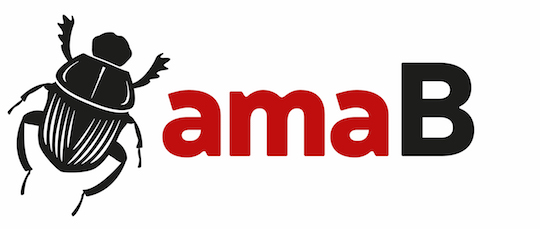Photo: SPAR
Currency risk and corruption at home are why retailer Spar, which is among the SA companies named in the Paradise Papers, says it set up a company in the Isle of Man, despite tax-haven reputational risks.
Spar, SA’s high-flying franchise retailer, says the increasingly fragile rand is the reason it created a new arm in the Isle of Man to hold the 60% of Spar Switzerland it bought last year.
“It’s largely about the currency risk,” says CEO Graham O’Connor, in an interview with the Financial Mail.
“For companies such as ourselves, that’s a real concern — especially with what’s happening in SA with all the corruption and other things going on.”
Revelations of how Spar last year created its Isle of Man company, Spar Africa Holdings (SAH), with assistance from offshore law firm Appleby, are contained in the Paradise Papers.
This leak, part of 13.4-million documents released globally, sheds light on how companies operate in tax havens.
A KPMG document, signed by Spar finance director Mark Godfrey on March 3 last year, applying for the creation of SAH, says the Isle of Man entity won’t be an operating company, but rather “an investment holding company” to hold its investments in Europe.
SAH was being set up to “borrow funds” and for “lending funds to group companies”, Godfrey said.
In March 2016, Cathal Dunne (who works for Spar’s Irish subsidiary, BWG) wrote to Appleby, saying the original plan was to set SAH up in Ireland but there was a change of plan.
Disturbingly, when asked to stipulate in the documents what the purpose was of setting up a company in the Isle of Man, BWG said: “The group uses Isle of Man companies as part of a nondisclosure structure.”
This is similar to how it structured the 2014 deal in which it bought 80% of BWG.
This convoluted structure suggests that Spar and BWG may be seeking to use the opaque disclosure common to Isle of Man companies to hide certain transaction details or to reduce its tax.
O’Connor denies this, saying Spar did not pick the Isle of Man because of any desire to pay less tax or to avoid disclosing certain details.
“As far as tax goes, it’s not tax efficient for us. We have to pay 12.5% in dividend withholding tax, whereas in SA, we wouldn’t have to. And there’s no reason for us to hide: we’re a JSE-listed company and we’re required to disclose everything,” he says.
He explains Appleby’s statement around “the nondisclosure” of account details as the initial concerns of Spar’s Irish partners in BWG.
According to O’Connor, the Irish directors set up a holding company in the Isle of Man because they didn’t want to disclose their private information. “They believed they were private individuals, and there was no reason for people to know what was going on.”
He says the thinking has changed since then. “There’s no issue around that today. Their [pay] is listed in the Irish papers, and while they might not be happy with that, I’ve told them it’s just tough.
“It’s the way it is when you operate in the public domain as we do.”
In Spar’s past financial year, the retailer records how the effect of “foreign income tax rates” had reduced its overall tax liability by 3.4 percentage points, to 25.5%. This also meant that while Spar’s pre-tax profit grew 24.6%, its overall after-tax profit grew 27.7%.
O’Connor says this has nothing to do with the Isle of Man structure but is entirely due to the lower tax rates in Ireland and Switzerland.
The Isle of Man is a favoured location for a number of JSE-listed companies, including property firm New Europe Property Investments, while some SA-based investment managers also locate their offshore arms there.
But risk committees are becoming increasingly aware of the dangers, reputationally and otherwise, of having investment companies in tax havens.
The Economist wrote in 2011 of how “shareholders, especially ethically minded pension funds, are increasingly asking about the risks of using tax havens.
“Britain’s Barclays Bank was publicly embarrassed in January when a British lawmaker quizzing its boss, Bob Diamond, asked him how many subsidiaries it had in the Isle of Man, Jersey and the Caymans.”
The Tax Justice Network’s financial secrecy index ranked the Isle of Man in the mid-tier of tax havens.
It said the island “does not disclose” trust details, doesn’t “require that company accounts be available on public record” and doesn’t require local agents to “tell the domestic tax authorities about payments to nonresidents”.
* Written in collaboration with the Financial Mail (RSA).

The amaBhungane Centre for Investigative Journalism produced this story. Like it? Be an amaB supporter and help us do more. Know more? Send us a tip-off.